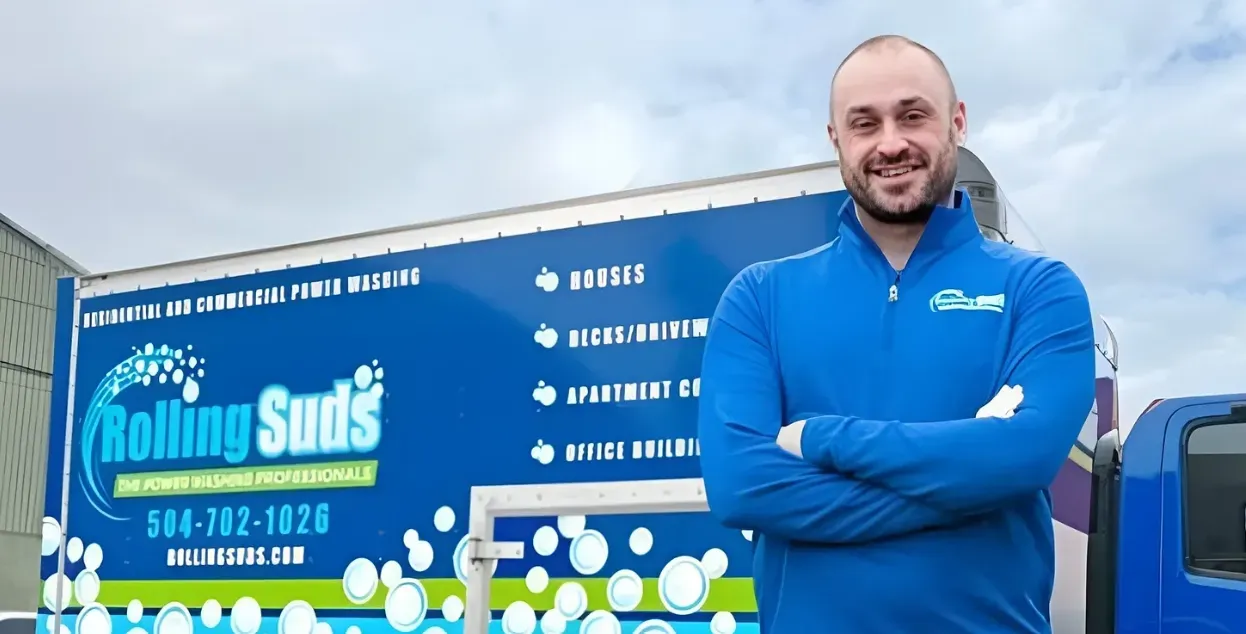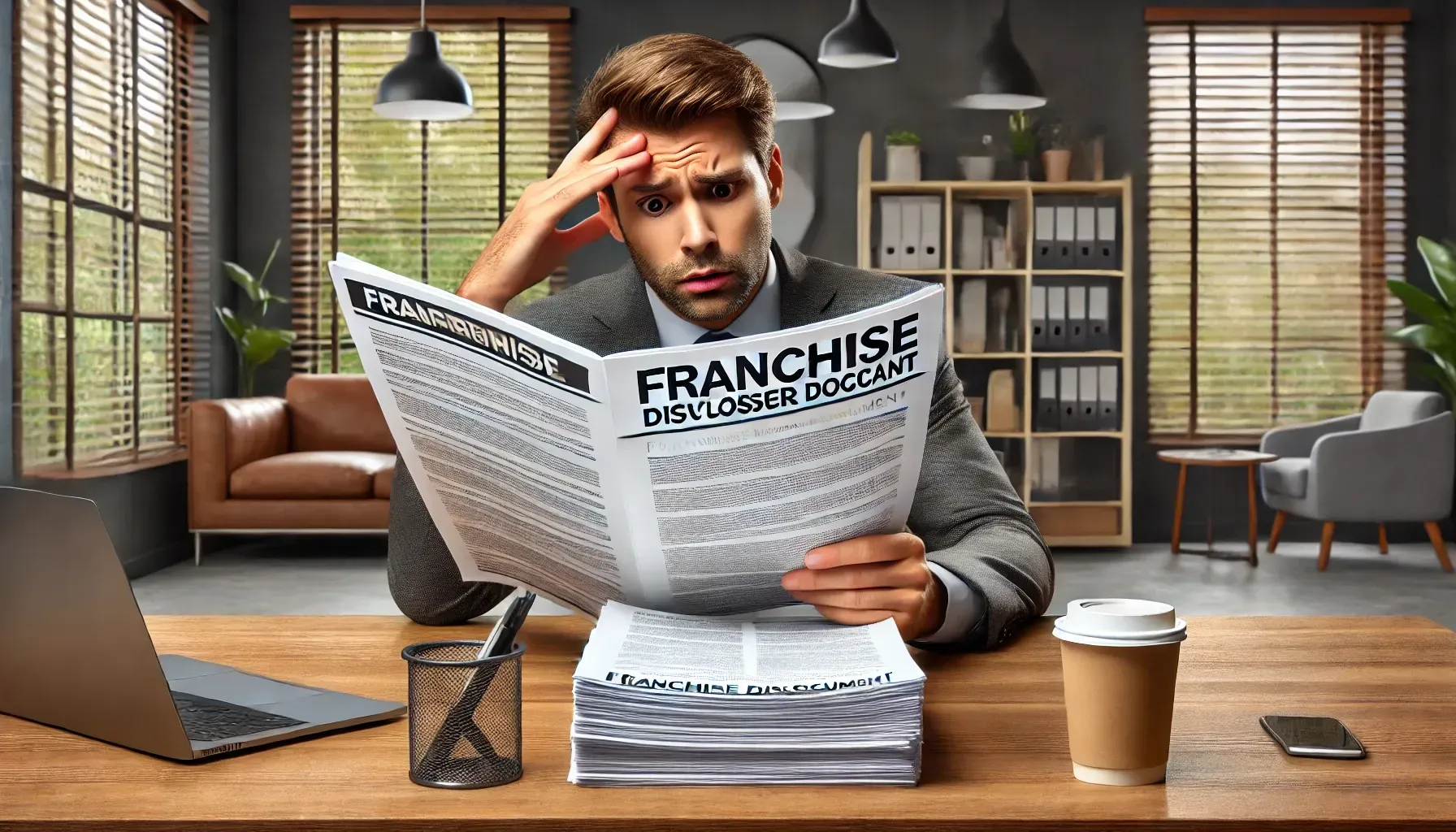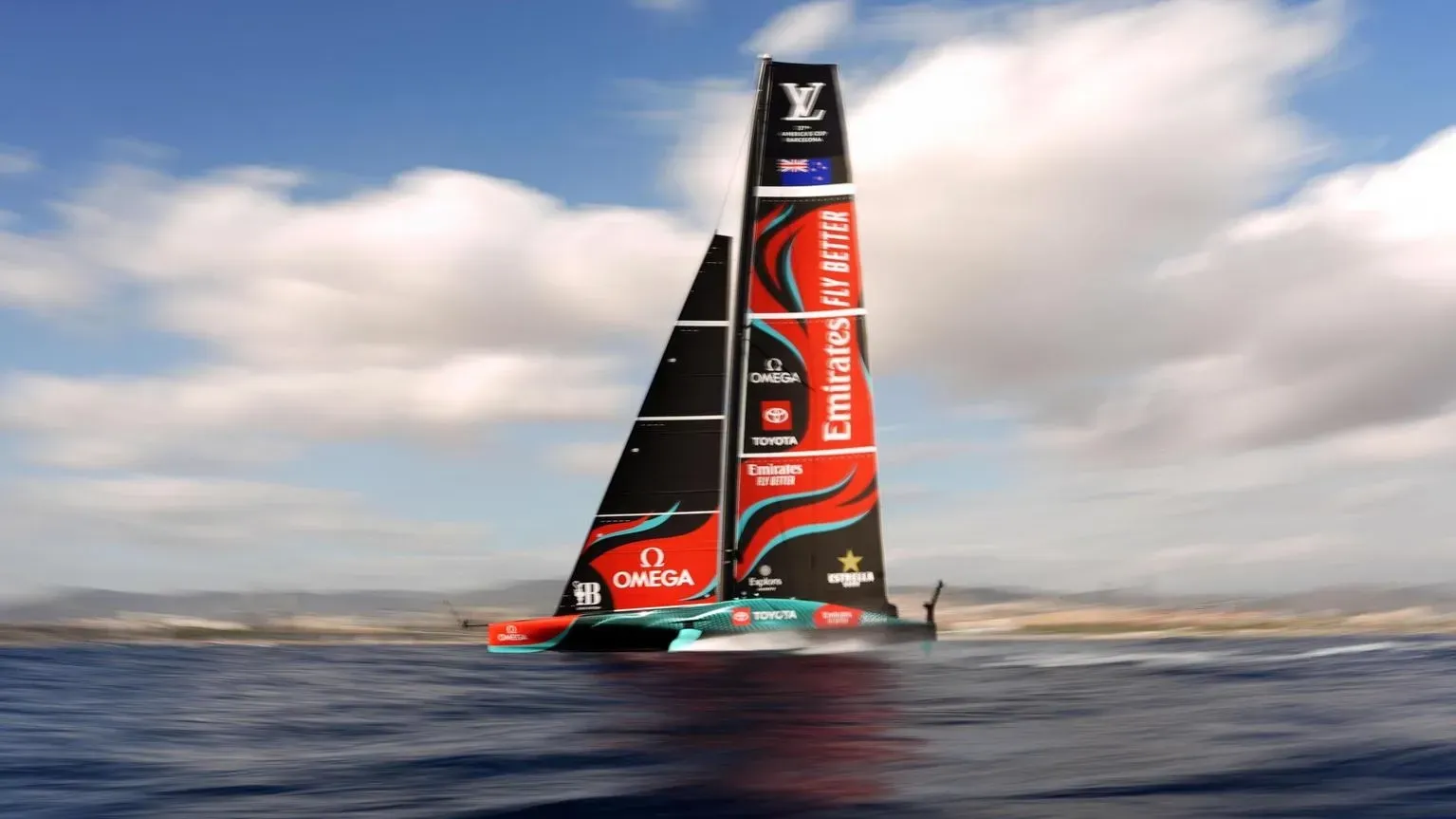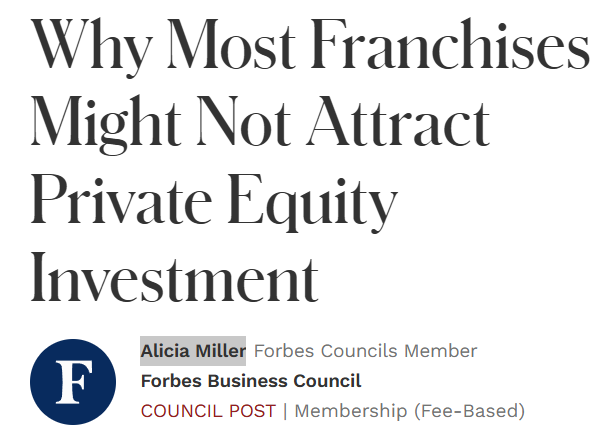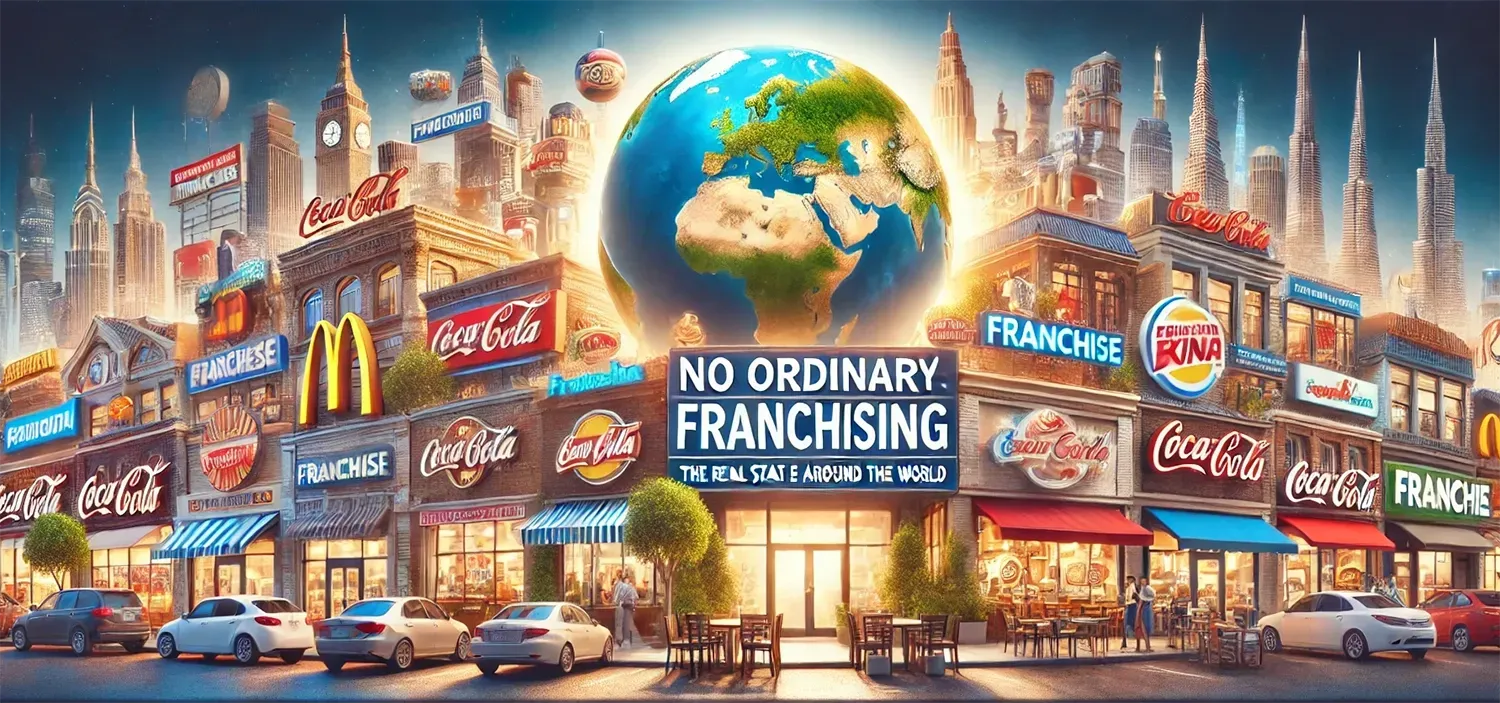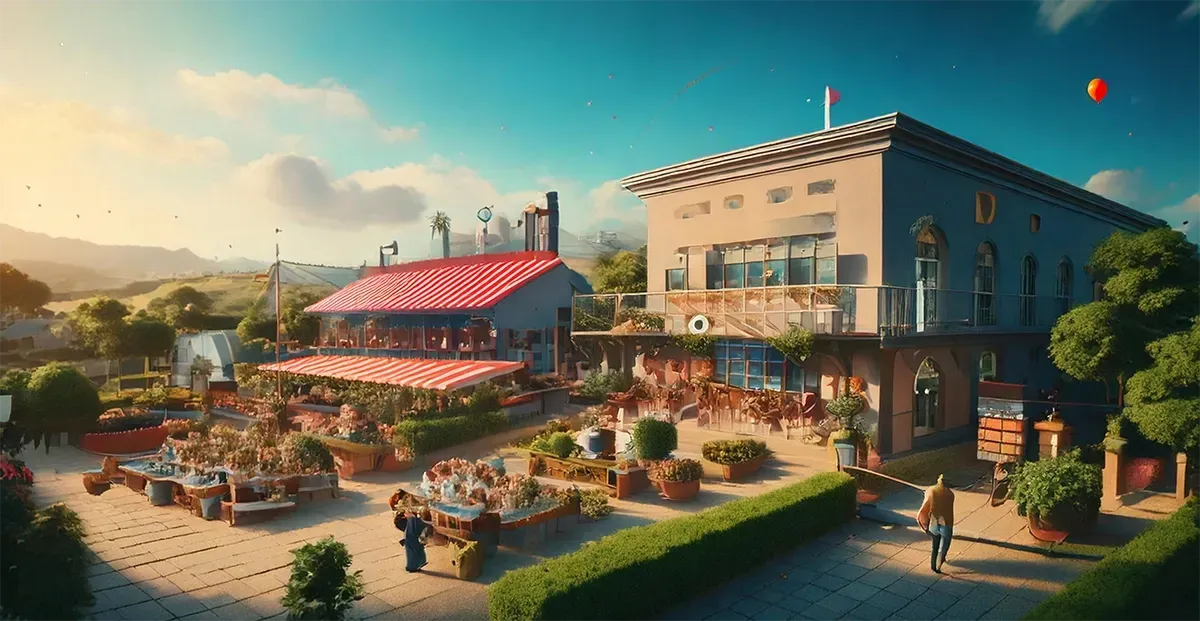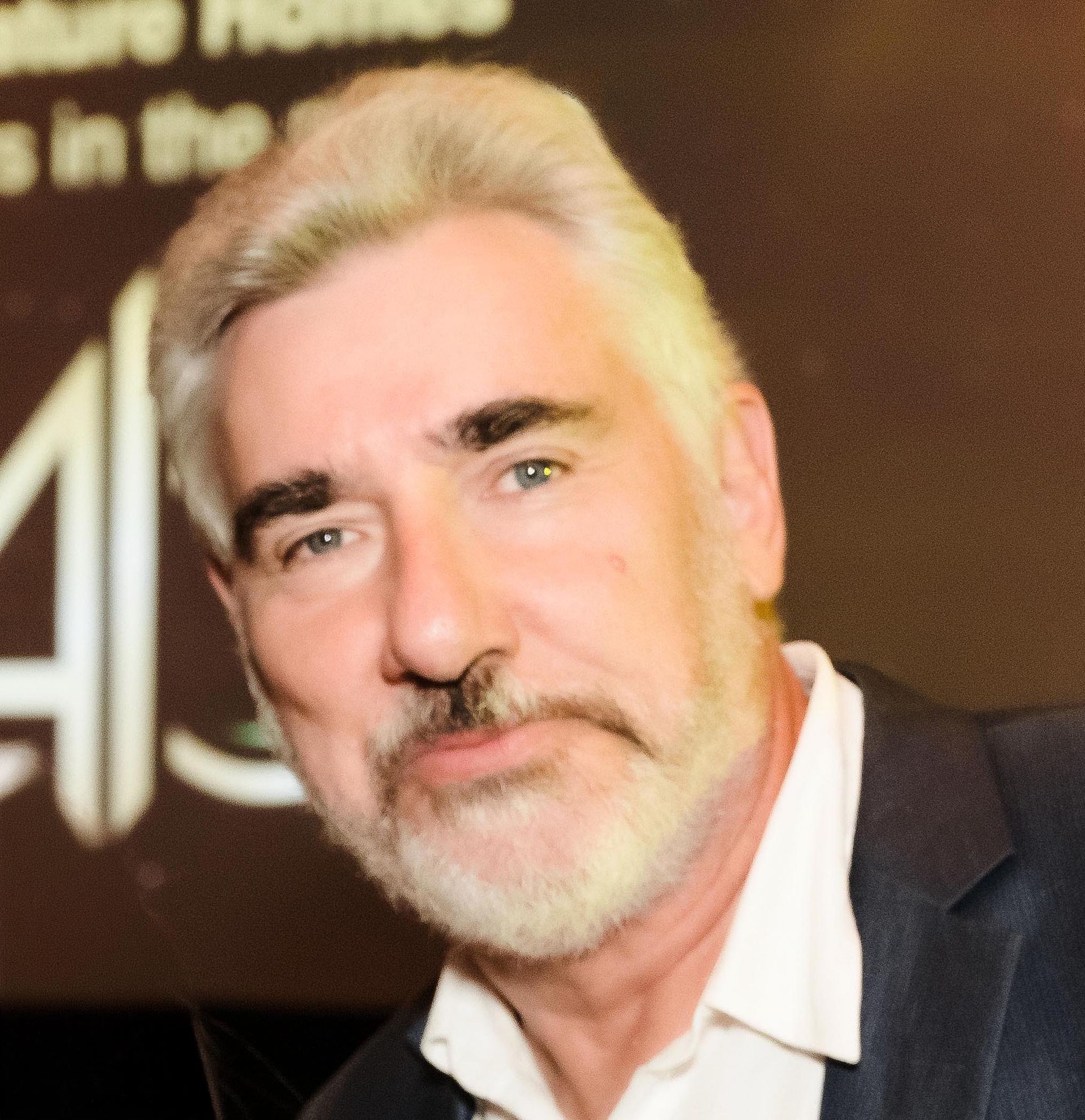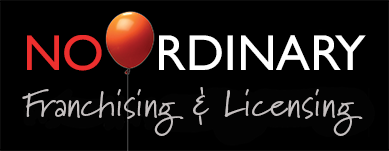Private Equity and Franchising: A Match Made in Heaven or a Recipe for Disaster?
$8 billion.
That's the jaw-dropping amount that Blackstone private equity just paid for Jersey Mike's, a submarine sandwich franchise with just 3,500 stores.
I say 'just' because in terms of store numbers and worldwide presence, Jersey Mike's is the bread roll to Subway's footlong. According to Subway's website, they have 37,000+ stores worldwide—10 times more than Jersey Mike's. But Roark Capital acquired Subway in 2023 for $9.55 billion—just 20% more than what Blackstone coughed up for Jersey Mike's.
Did Blackstone pay too much for Jersey Mike's?
And why do so many private equity firms seem to be snapping up franchises? Around 700 of the US's estimated 4,000 franchise brands have been acquired by firms like Roark and Blackstone, according to Alicia Miller in this article in Forbes magazine.
But before you start getting excited about the prospect of making your fortune by selling off your franchise, the same article explains why franchises aren't always a good fit for private equity (PE).
In the article, Alicia Miller explains that PE investors operate on a relatively short-term 'buy-grow-sell' basis. They are risk-averse, looking for good brands with sustainable customer demand and the potential for accelerated growth with PE backing.
That's where Subway, despite its massive scale, fell down.
Here's my analysis of why a relative upstart was able to command a purchase price almost as high as the industry leader—and what you'll need to do to maximise the value of your franchise.
1. Revenue and Sales Performance:
- Jersey Mike's: In 2023, the chain reported $3.3 billion in sales, marking a 25% increase from the previous year. And with average annual sales of $1.3 million per store, Jersey Mike's Average Unit Volume (AUV) eats Subway's for breakfast, lunch and dinner.
- Subway: While specific figures for 2023 aren't detailed, Subway has faced declining sales and store numbers in recent years, impacting its overall valuation. Its AUV is just $434,000 per year.
2. Market Saturation and Growth Potential:
- Subway: With a vast number of outlets, especially in the U.S., Subway's market is considered saturated, limiting opportunities for new store openings and revenue growth.
- Jersey Mike's: The brand has significant room for expansion, both domestically and internationally, enhancing its attractiveness to investors.
3. Brand Perception and Customer Loyalty:
- Subway: The company has encountered challenges related to brand perception, including controversies and changing consumer preferences, which have affected customer loyalty.
- Jersey Mike's: Known for its fresh ingredients, customer service and taste-test superiority, Jersey Mike's has cultivated a strong and loyal customer base.
4. Operational Efficiency and Profit Margins:
- Subway: Operational complexities and higher overhead costs associated with a larger number of stores can compress profit margins.
- Jersey Mike's: A more streamlined operation with fewer locations can lead to better control over quality and costs, potentially resulting in higher profit margins.
Scale, Consistency and Change:
- Subway: With over 37,000 locations worldwide, Subway faces operational complexity that can hinder implementing significant supply, product or service changes. Alicia Miller calls franchising a 'brilliant expansion engine' but notes that 'it’s also notoriously difficult to turn around a stalled-out franchise because change initiatives must be broadly adopted by franchisees'.
- Jersey Mike's: Its smaller footprint makes it easier to maintain consistent quality and freshness—and make changes to meet market demand.
Can Subway turn itself around with Roark Capital's help?
Simply throwing money at Subway's problems isn't going to help. The problems go deeper than that. But Roark's management must be confident they can help Subway to do more than just tweaking product offerings and raising standards.
- Repositioning: Subway would need to redefine its identity and value proposition. This could include focusing on taste, freshness, sustainability or social impact.
- Supply Chain Rethink: Pre-packaged ingredients are more convenient for the stores but less palatable for customers. Subway will need to start thinking fresh, tasty and local in order to match Jersey Mike's at its own game.
- Operational Overhaul: Enhancing ingredient quality and preparation methods might mean rethinking its entire kitchen model—a costly and time-consuming effort.
- Cultural Shifts: Embracing franchisee relationships and ensuring buy-in for major changes would be essential to sustain growth. As management guru Peter Drucker famously said: 'Culture eats strategy for breakfast'.
Subway’s challenge is not just its product but also the weight of its history, brand perception, operational complexities and market saturation. Jersey Mike’s success demonstrates that consumers crave quality, authenticity and a fresh experience—elements that Subway has struggled to consistently deliver in recent years.
But if Domino's could turn itself around, why couldn't Subway?
This article is Part 1 of a series on Private Equity and Franchising:
A Match Made In Heaven Or A Recipe For Disaster?
To be make sure you don't miss out on Part 2,
subscribe to my free weekly email newsletter
Want to get on the fast train to a better business valuation?
Contact me for a free consultation

Share on your Page:
Follow us:


